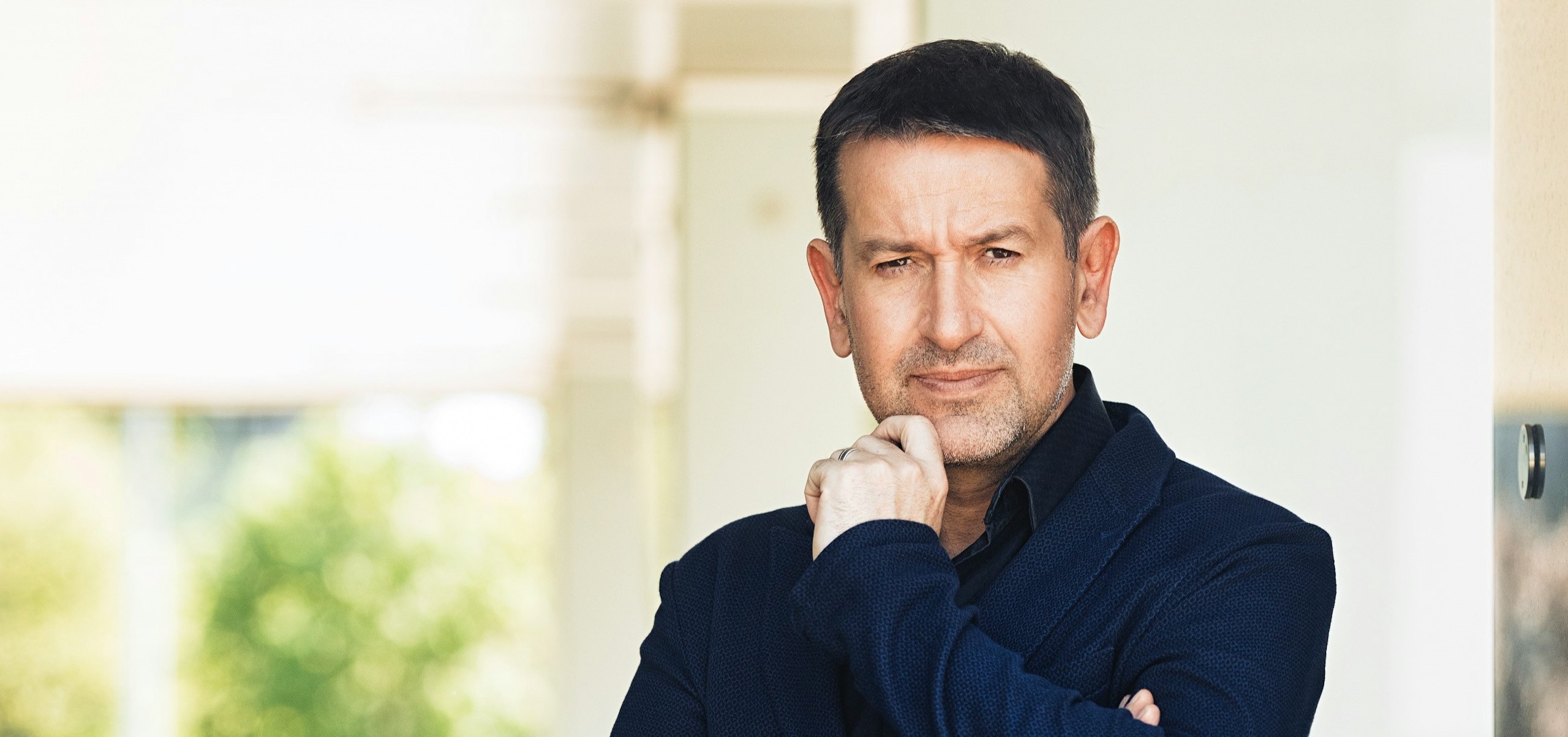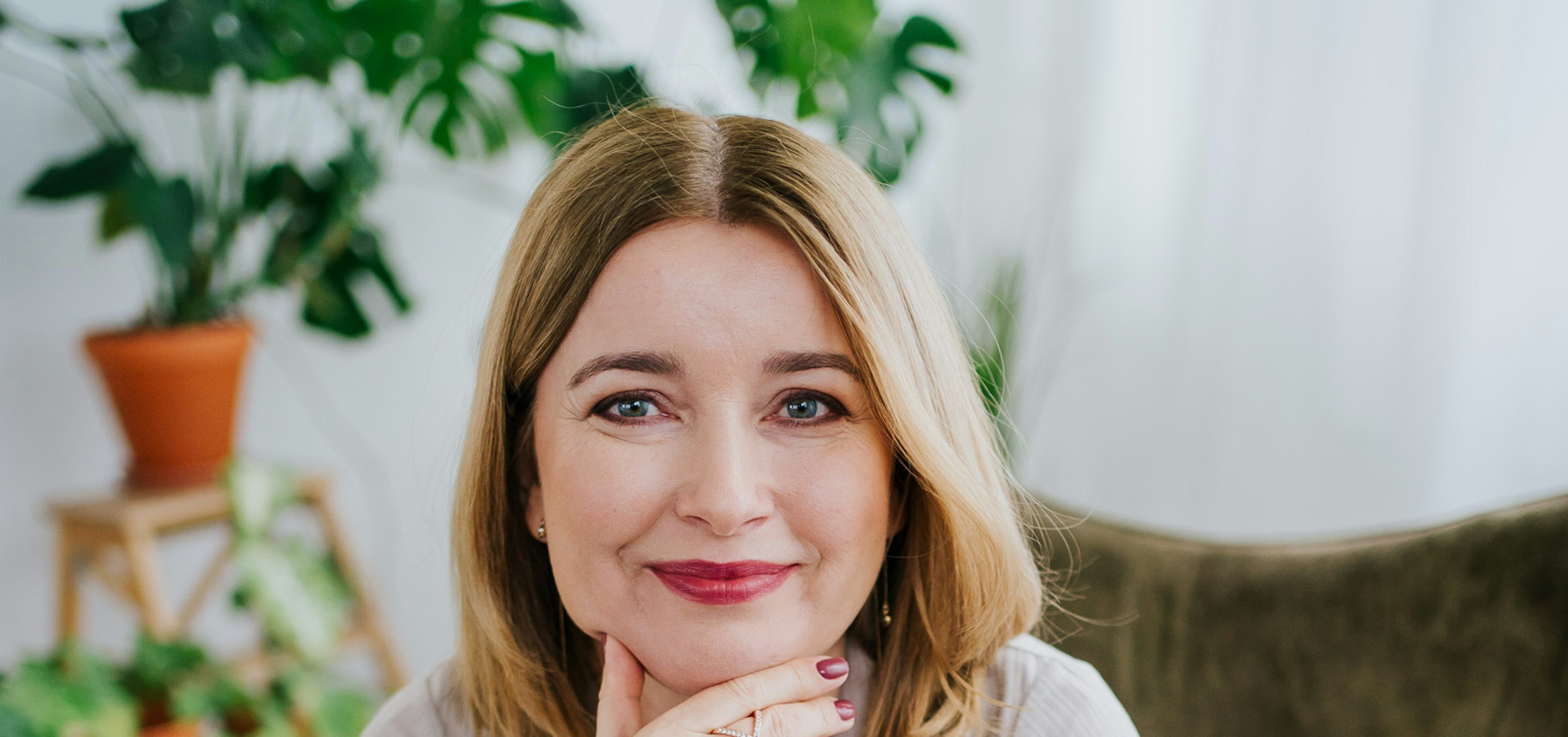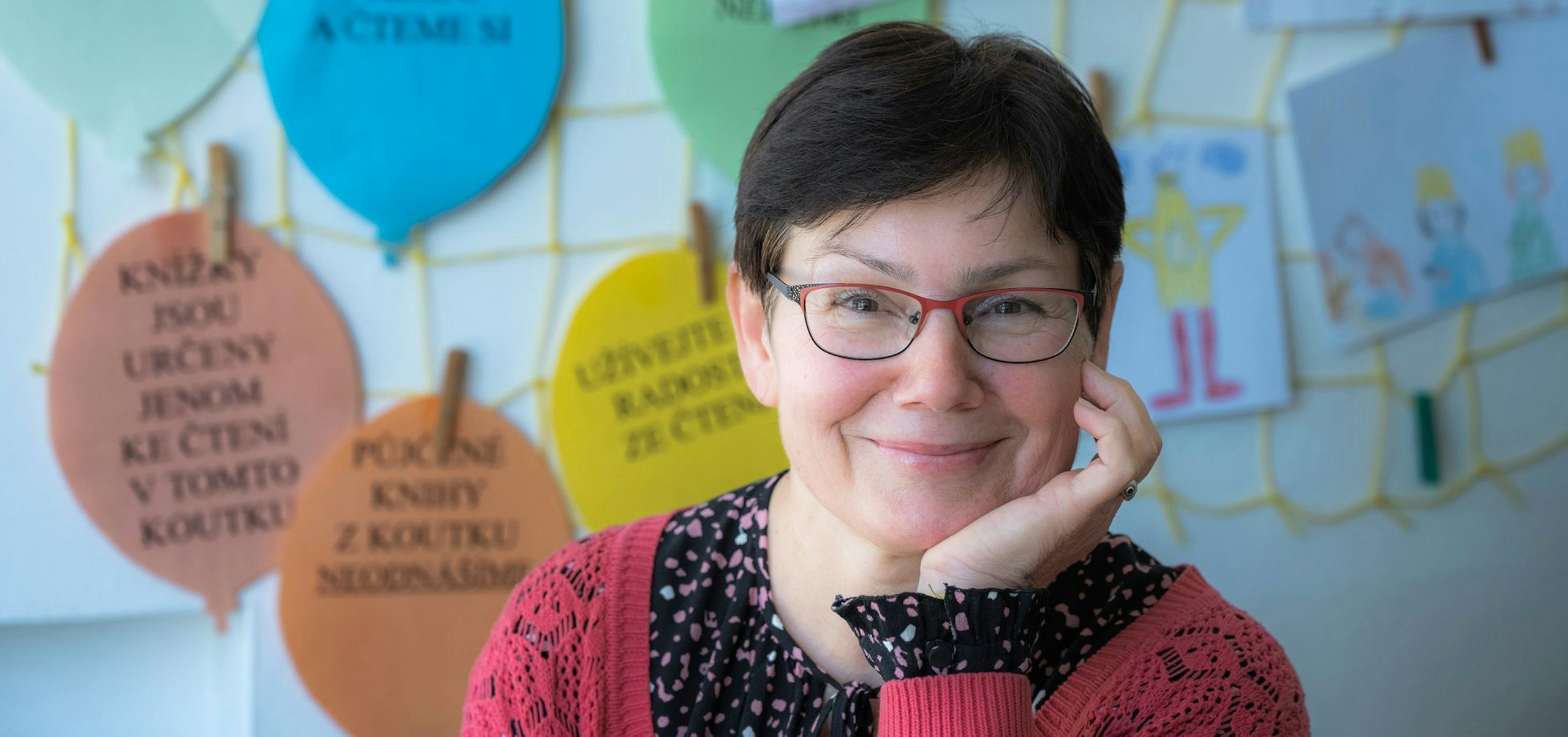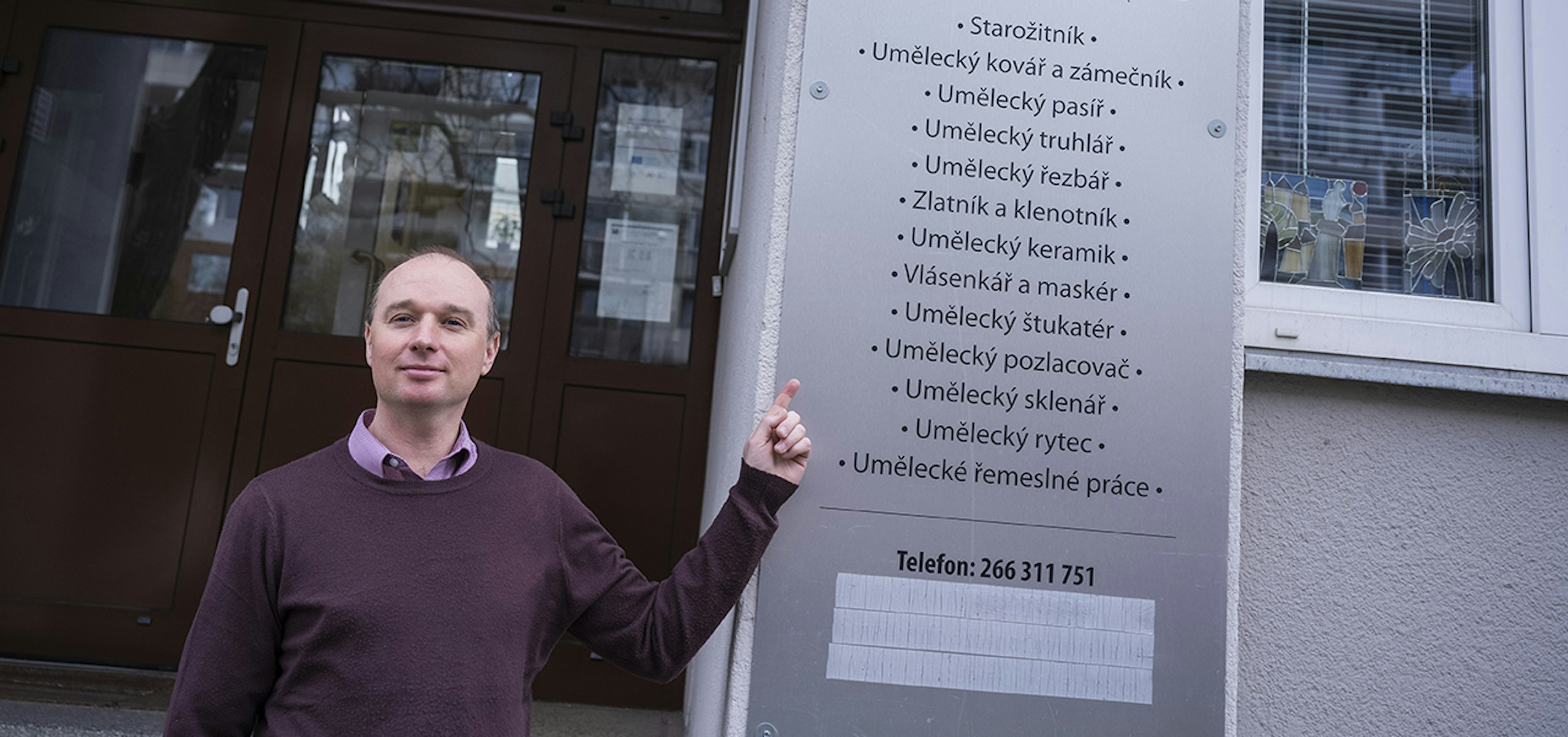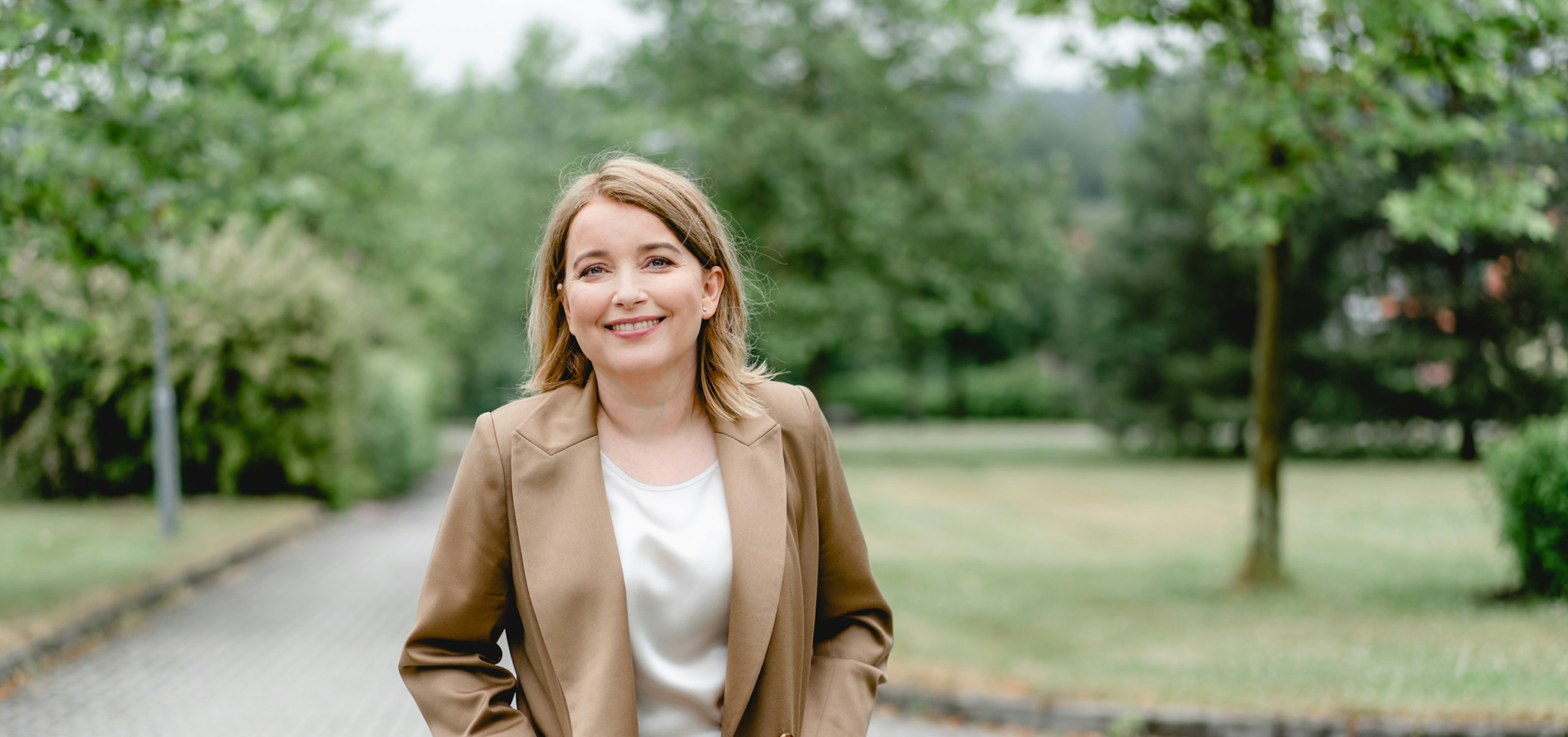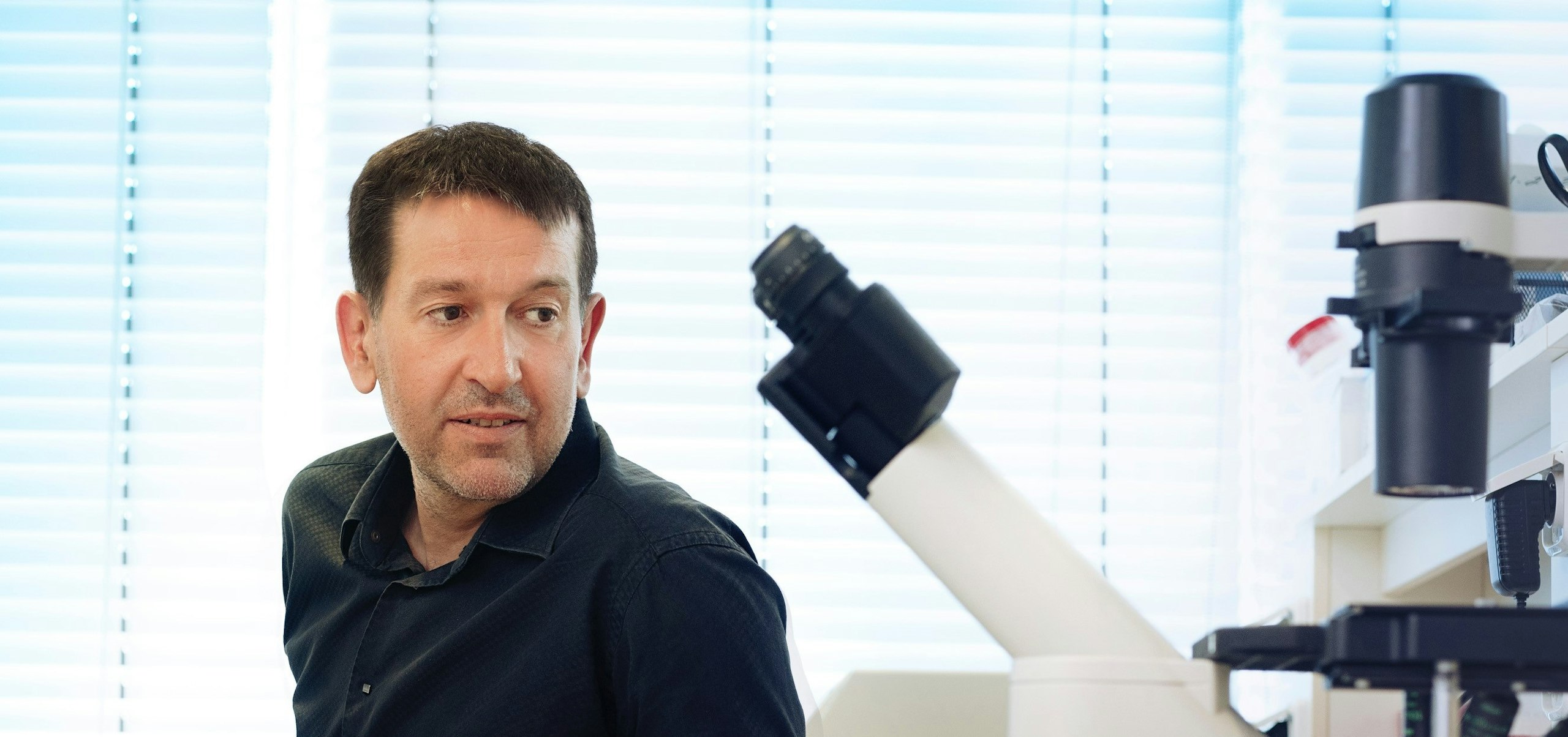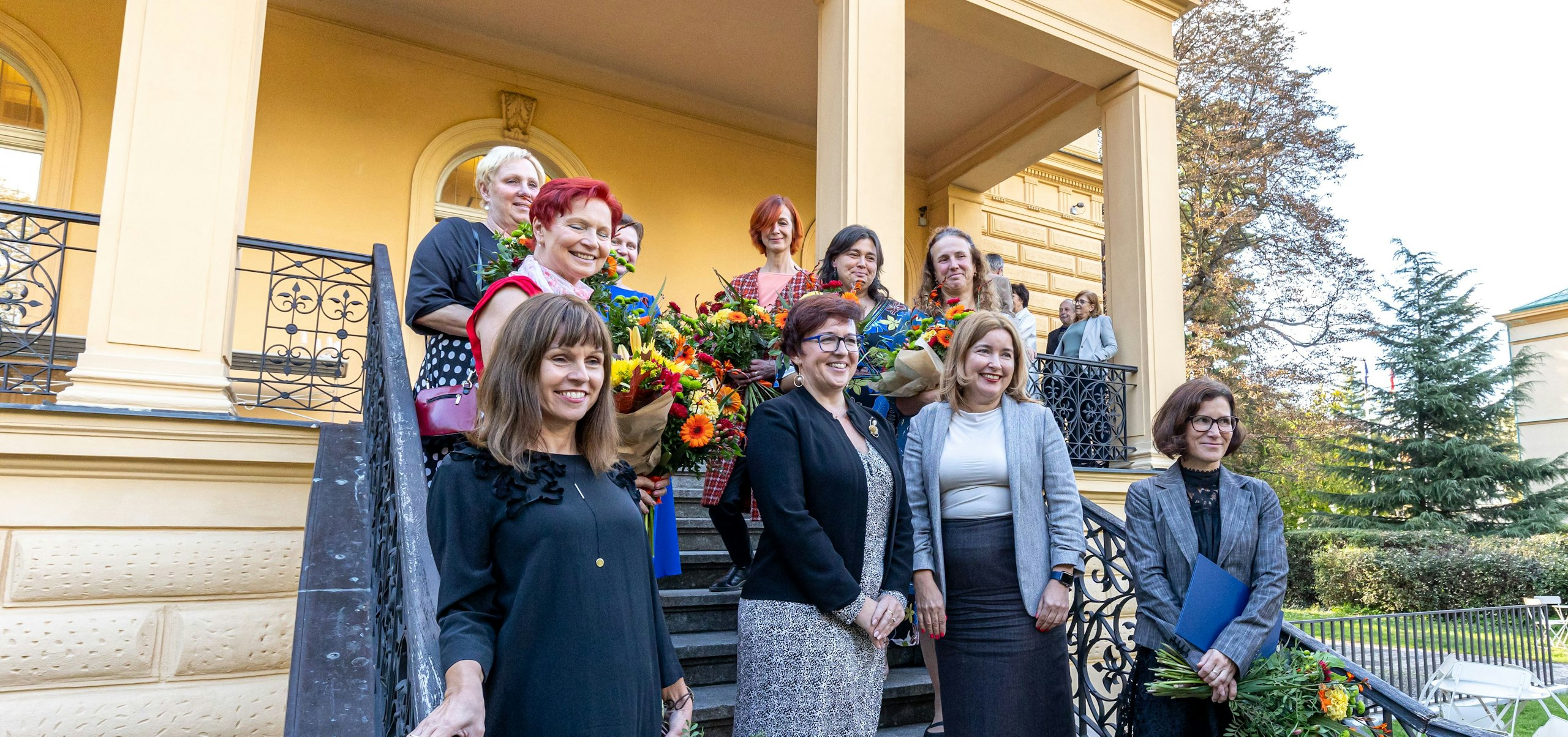Czech Billionaire Petr Kellner on Philanthropy
zdroj: Forbes US
19. 09. 2012
5 minut čtení
FORBES INSIGHTS: What first inspired you to give? Why do you continue to give?
Petr Kellner: There was no particular catalyst to my decision. The motivation came as my life experience grew. Both my wife and I are fully involved in our philanthropic projects; I manage some of them, and some of them are led by my wife – and so it makes sense for us to answer your questions together.
FORBES INSIGHTS: What are the causes you support? Are they local or global? Has that changed over time?
Renáta Kellnerová: Together with my husband, we have supported art projects through PPF for a long time. Through The Kellner Family Foundation, we focus primarily on education, including various science projects. We both wanted to support children from disadvantaged backgrounds and were looking for a way to help them achieve long-lasting success in their life. Therefore, we chose education and the Open Gate grammar school project followed. We appreciate that Open Gate students need to apply themselves to achieve their goals, for which the accurately targeted support of our foundation helps them.
Our support for art actually originated when PPF first started to provide financial support to try and salvage the photographic collection of Josef Sudek, the best Czech photographer, and later to restore his original studio where he had worked. The sustaining of modern Czech photography ensued. As for whether it is global or local assistance, in the traditional sense, it is probably local, since our family foundation operates mainly in the Czech Republic. My companies work across Europe and Asia, where they also support various local projects. So, while we have projects in many locations, none is in itself ‘global’. I have to confess that our principle is that we should help in places where my companies are operating, in places we know, where we run businesses in order to be the most effective.
FORBES INSIGHTS: How has your giving changed over time? From amount of giving to types of vehicles used?
Renáta Kellnerová: About ten years ago we started by supporting secondary education – by establishing an eight-year boarding school, the Open Gate grammar school, in the municipality of Babice near Prague. At that time boarding grammar schools were completely unknown in the Czech Republic. Nevertheless, this approach gave us an opportunity to fulfil the very purpose of the project, namely to make it possible for children from single-parent families and from children’s homes from all over the Czech Republic to obtain a good secondary education. A later addition was our University project, under which we provide scholarships to talented Czech students enrolled at prestigious universities. The most recent addition is our project “We Help Schools to Succeed” geared towards the education of teachers at public primary schools. Its aim is to improve motivation of teachers, and therefore of students as well.
Petr Kellner: And of course when unexpected events occur in our vicinity, such as natural disasters or a particularly moving human tragedy, we try to help as well. We also assist domestic hospitals on an individual basis.
FORBES INSIGHTS: How engaged are you in the causes you support? From donations, to being a fundraiser to starting your own foundation?
Petr Kellner: Most of the funds invested in the foundation are our own funds – or they come from the companies that are under PPF majority control or in which PPF holds a strong equity interest. Naturally, both of us are engaged in The Kellner Family Foundation, but it is primarily my wife who is personally occupied with our educational projects.
FORBES INSIGHTS: How do you track the effectiveness of your giving? Short term and long term?
Renáta Kellnerová: Quite understandably, people in our foundation do track the effectiveness of its spending. We thoroughly assess, for instance, the number of Open Gate students achieving enrolment at prestigious universities. But I regard it as an even greater success when I see how a frightened 11-year-old girl, with a difficult childhood, grows into a self-confident young lady at the grammar school, with developed notions of what she wants to achieve in her life, and an understanding of what social responsibility means.
FORBES INSIGHTS: How important is recognition in your giving plan?
Renáta Kellnerová: Public recognition is not the root cause of our philanthropy. On the contrary, both of us believe that philanthropy is something very private – it is not marketing intended to raise our profile. Our approach is probably not a common one.
FORBES INSIGHTS: What if anything would change your philanthropic pursuits? How has the financial crisis or tax situation affected your philanthropic planning?
Petr Kellner: Fortunately, the crisis did not fundamentally affect PPF´s profit. Nonetheless, philanthropy is commitment and responsibility: you cannot say that you will support a project one year, and not the following year.
FORBES INSIGHTS: What are the biggest challenges in realizing your philanthropic goals?
Renáta Kellnerová: Continuing to do what we are already doing and knowing we do the best we can. Feeling good about the work we have done.
FORBES INSIGHTS: How do you think the philanthropic field has changed? Impact of social media, generation “millennials” focus on philanthropy?
Petr Kellner: Media and, above all, the internet are changing philanthropy every day. New options such as dollar fundraising projects via Facebook are certainly positive; on the other hand, sometimes – too many times for my taste – there emerge “fashionable” causes which are “cool” to support right now. But I personally think that philanthropy is, and will remain, a matter of your individual decision, your values, your experience in life, what you have learned from your parents, and so on. The vehicles change over time, that is certain, but I believe the motivation of those who are helping remains, in my opinion, the same.
FORBES INSIGHTS: From where do you get your information / advice about how to pursue your philanthropic goals? Do you partner?
Renáta Kellnerová: We look around us. We draw information and inspiration from ordinary life. And our children inspire us as well: by their reflections on life, their academic knowledge, how they solve their own problems.
by Tatiana Serafin
http://www.forbes.com/sites/tatianaserafin/2012/09/19
Komu pomáháme
The Kellner Family Foundation
Kontaktujte nás
2025 © THE KELLNER FAMILY FOUNDATION

